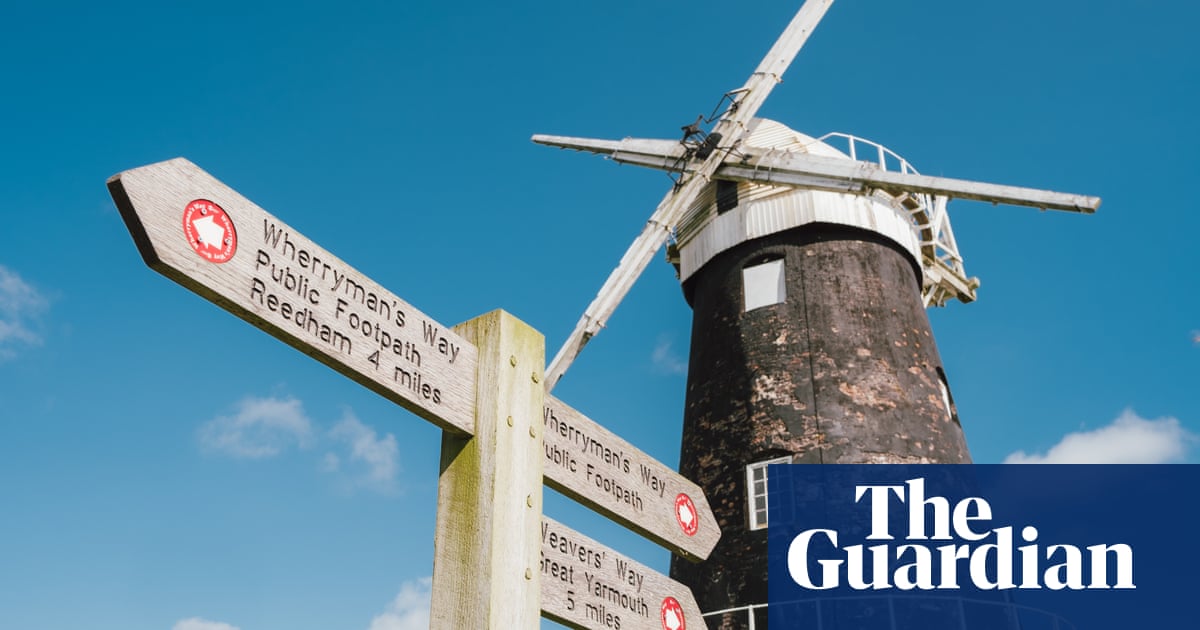
fter a three-year investigation into two organised crime groups in Italy’s Campania region that included wire taps, surveillance and nearly 100 suspects, police cracked down with a dozen arrests in March – not for offences linked to drugs or prostitution, but for the illegal harvesting of a small mollusc.
Known as date mussels, Lithophaga lithophaga are cigar-shaped shellfish that make their homes inside limestone, secreting an acid that slowly carves out a tunnel in the rock. They take decades to grow – anywhere from 18 to 36 years to reach just 5cm in length – and can live for more than 50 years.
But it takes just a few seconds, using sledgehammers or explosives, to pry them loose – devastating the marine environment in the process. Date-mussel fisheries are regarded by scientists as one of the world’s most destructive practices in marine habitats; ecosystems can take more than 50 years to recover from the damage.
“What’s left after a date mussel harvest is a moon-like landscape: white rocks without any life form left on them,” says Giovanni Fulvio Russo, president of the Italian Society of Marine Biology.
As a result, fishing for or selling date mussels is illegal in the EU. But date mussels are a revered delicacy in Italy, regarded by some people as an aphrodisiac. On the black market 1kg (2.2lb) can fetch up to €200 (£170).
That has attracted shady operators – and has in turn led to the destruction of much of the rocky reefs along the renowned Amalfi coast and the sea stacks of Capri, where so far nearly half of underwater sea walls have been attacked by hammering and explosives. Although Italian police have been seizing mussels and fining poachers for 30 years, gathering mussels was long considered as merely a misdemeanour, with no threat of prison sentences, and leaving poachers free to continue their destructive harvesting.
Much of the threat comes from organised crime groups. A few families oversee the poaching and trade of date mussels, according to Giulio Vanacore, an environmental prosecutor at the Naples public prosecution office. They sell some of the mussels to fish shops, restaurants, pizzerias and Italy’s elite, but prosecutors say some of the core clients are the camorristi, members of the Neapolitan mafia, the Camorra. The very fact that the mussel is banned has led to some gangsters treating it as a status symbol, serving it during celebrations to demonstrate their power.
Date mussels have also been part of southern Italian gastronomic culture since ancient Roman times. People would walk to the shore with a hammer to extract a few mussels for dinner. Towards the end of the 20th century, however, the deterioration of the reef had become visible.
Algae, crustaceans and any other life forms attached to the rock die from the violent extraction process. Debris settles on the seafloor, eroding it and creating oxygen-free “dead zones”. It is estimated that the illegal harvest of date mussels by a single fisherman can destroy up to 2,400 sq metres of seabed.
“It’s as though to harvest mushrooms, gatherers would uproot the whole forest that took hundreds of years to grow,” says Marco Sacchi, a geologist at Napoli Institute of Marine Science (Ismar), who was hired by the Naples public prosecution office to investigate the damage done by the illegal harvest. The hammering and bombing can cause rock faces underwater to fracture and eventually collapse, which also endangers manmade infrastructure above the waves, he points out.
Russo studied the harvesting’s collateral damage to local ecosystems, collecting evidence of widespread destruction along the Sorrento peninsula and Amalfi coast, which led the Italian government to ban fishing for date mussels in 1988.
“I looked for areas in pristine condition, a place that had not been fished, but I couldn’t find any,” says Russo. He says the entire Amalfi coast, Positano peninsula and the island of Capri have been damaged. Since date mussels take so long to grow, divers simply move on to the next spot, as if following a vein of silver. Marine life on the rock face can take decades to regenerate, even in ideal conditions.
“When you scuba dive in places where the datterari [poachers] came by, you go back to the boat, and you mourn as if somebody died,” says Gianluigi Di Maio, the owner of Punta Campanella Diving, which runs diving tours. Many of his favourite dive spots have been destroyed, he says. “The problem is that there are not that many of us who go underwater. Damage is perpetrated constantly, but nobody talks about it because the deterioration is not visible to the public.”
Some local people have tried to fight back. Antonino Miccio, the director of the Punta Campanella marine protected area, at the southern end of the Bay of Naples, persuaded some restaurateurs not to buy or serve date mussels. But he has received several threats over the years, and in 2010 poachers destroyed one of the most beautiful areas inside the marine reserve. “I am sure they did it as revenge,” Miccio says.
His complaints to prosecutors mostly fell on deaf ears, but in 2018 Giulio Vanacore, a 37-year-old magistrate who had recently joined the environment section of the Naples public prosecution office, opened an investigation.
Vanacore based his approach on Italy’s 2015 Ecodelitti law , which made environmental and pollution crimes punishable by up to 15 years in prison.
“I had the idea that we should not punish only individual instances of the sale, holding or extraction of date mussels, because these actions hid a larger criminal process,” Vanacore says. “This is why I started investigations for felonies of environmental and pollution crimes.”
His investigation took three years, and involved not just the wire taps and surveillance of suspects traditionally used in fighting organised crime, but scientific studies and environmental assessment reports showing the ecological damage from the alleged crimes. This culminated in a 1,100-page report that traced every step of the criminal business and named more than 100 people, from harvesters to restaurant owners.
In March, the Naples public prosecution office issued arrest warrants that led to the detention of 12 suspects. If convicted, some of them could face several years in prison.
“Now we have the tools, and we need to use them. Otherwise, all the work we are doing will be useless,” Vanacore says. “We’ll keep on doing our job to try to protect our environment from being destroyed by criminals.”












